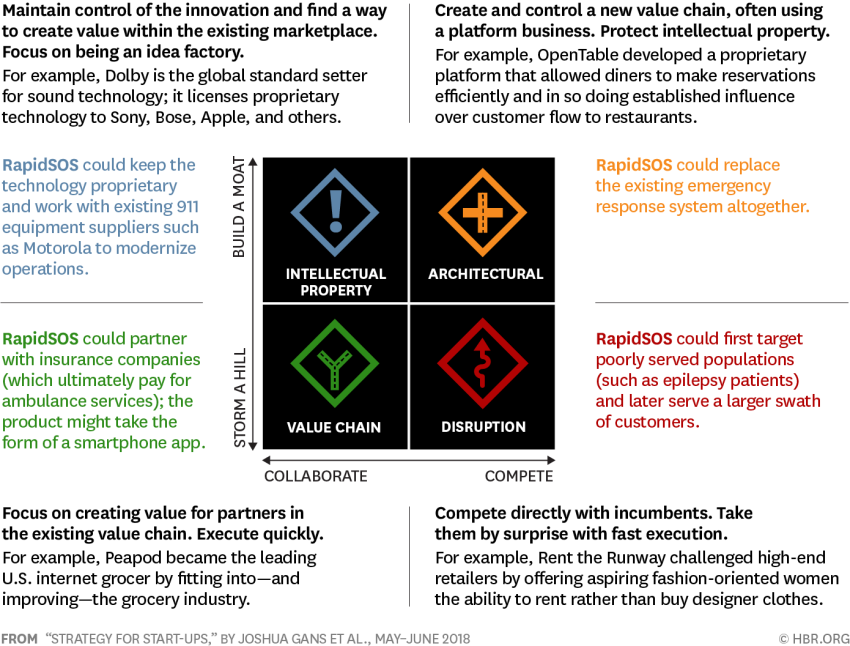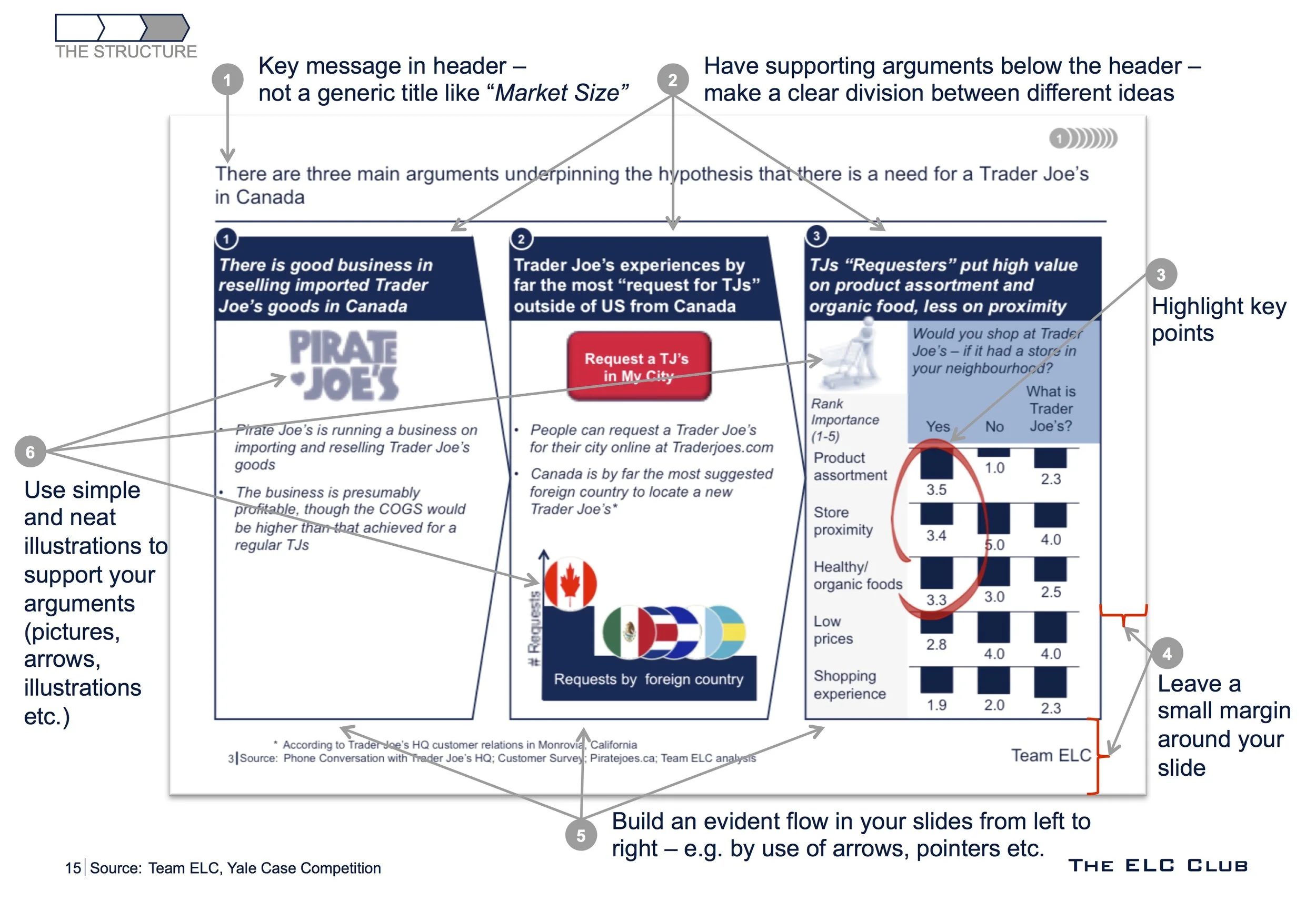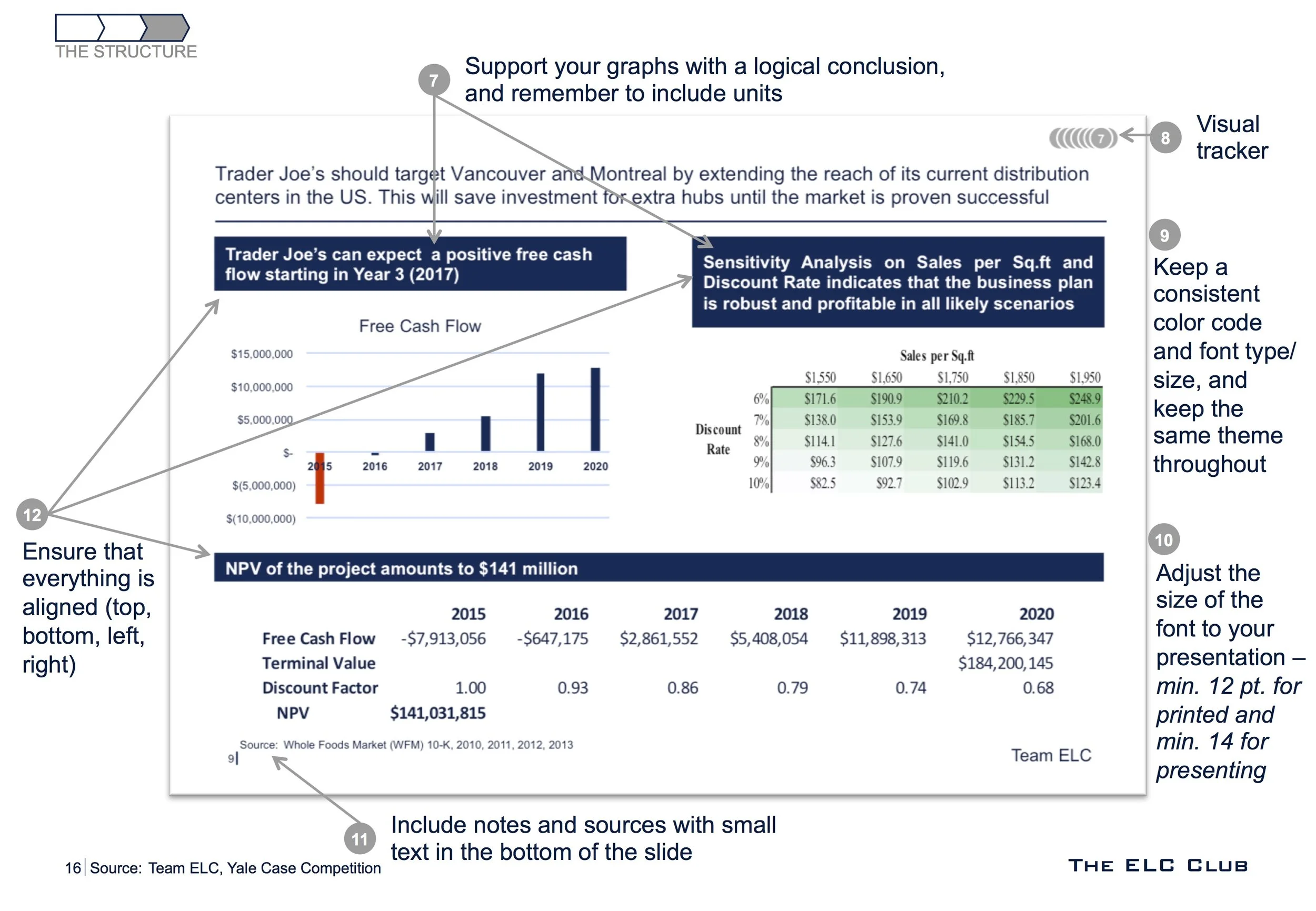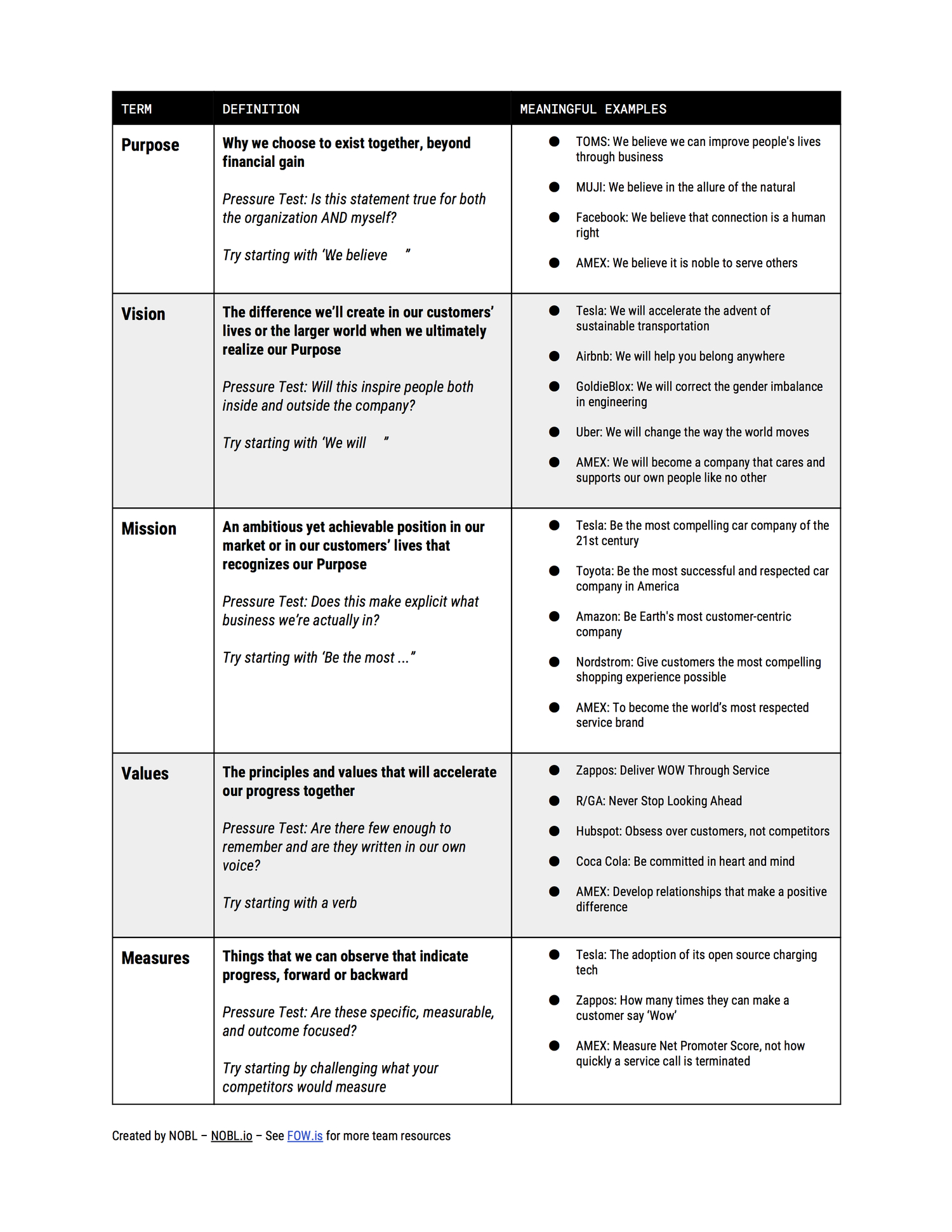I'm still figuring out my editorial strategy. I'm not a brand, a company or a personality. I didn't need to figure that out before I started. I didn't need to present a well-crafted strategy to anyone. I just started writing and experimenting with my own platform. I publish my thoughts to better organize and understand content I consume, both professionally and personally.
On the positive side, it allowed me to focus on doing it before thinking about it too much. It didn't paralyze me. I started writing and publishing, without overthinking the topics and if it was in line with my editorial strategy. For what it's worth, I don't think humans should have an editorial strategy. You should have your voice and you should develop your own opinions on things. But having a well-planned agenda for your personal diaries is kind of weird.
On the negative side, this blog is a mess. It doesn't have categories nor tags. The format is not consistent. I like to post big long rants as much as I like to « re-post » videos. I changed the description a couple of times as I'm figuring out my editorial strategy.
A few ideas emerge naturally from blogging every day. Here's a list of various things I'd like to implement in my blogging adventure. Things that I now wished I had figure out before. It's nice because I now know for sure they're real needs or pain points. This is my features request list to my self. Not prioritized yet.
The weekly reading list
I often have a list of 5-10 articles I gathered during the week that I would like to share. But I'm not motivated to write about each one of them. It would be nice to have a Sunday roundup or Monday reading list. It would also take 1 post/week.
The book list
A permanent section of wither the books I'm reading right now, the ones I read in the last year, my top 20 or top 5 / categories.
The podcast list
Same as for books but for podcasts.
En français s'il vous plait!
I write in English because I personally want to develop my writing skills. It's one of the objectives of this blog. It's not always practical. It's a very bad short time decision for any kind of business development in Québec. And I naturally avoid French-specific debates and topics because of that. I should have a section for rants in French about particular issues that need to be discussed in French. Also because I need to keep my writing sharp in both languages.
Categories & Tags
I have a technical debt on this blog: categories & tags. I need to go back to each blog post I wrote and categorize them and tag them. I think it's more painful to do it backwards but at least I have a decent sample to organize things properly.
Featured Images
I used to post featured images on each blog post. I liked to use archive images from Montréal. Not sure what to do about this. It got in the way of writing. I would sometimes skip a day because I knew it was annoying to find images and so. I might go back to each blog post and removed them. Or go back and add an image to each of them.
Essays
A list of longer posts + a list of things I want to think deeply about. Separate from the blog. More like a resources section.
Products I like
What I use in the day to day to do my job. Maybe recommendations on tools I use and products I'd recommend for companies that are just starting out. Kind of a « startup » stack. There's already a lot of info about that. I'd have to find a twist that creates value for me / readers.
Cross-posting
I'm extremely bad at cross-posting. I don't have auto-tweet my new blog posts. I don't want to annoy people. Maybe I create a separate Twitter account that acts like a bot to post new articles? Maybe I find a way to integrate highlow (which I'm slowly ramping up into a real company with its own activities) into the loop. Maybe I cross-post on Medium or on Quora. Maybe I do a weekly email. I don't want to do too much. I want to automate and keep it simple. But my distribution sucks.
If you're reading this – any ideas? ;-)




